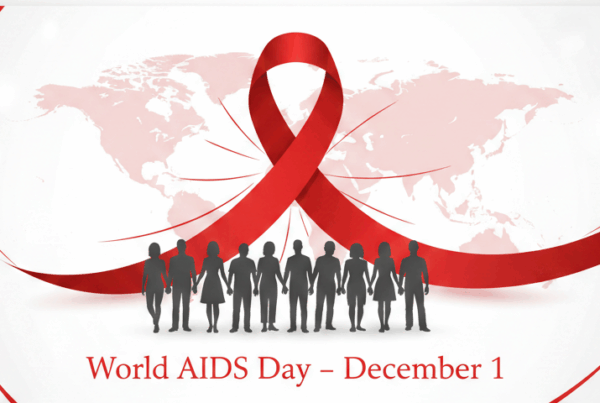World Autism Awareness Day, observed annually on April 2nd, is a globally recognized day dedicated to raising awareness about autism spectrum disorder (ASD). It’s a day to celebrate the unique strengths and abilities of autistic individuals, promote acceptance and inclusion, and advocate for better support and understanding.
Autism, a neurodevelopmental condition, impacts how individuals perceive the world and interact with others. Its spectrum nature means that no two autistic individuals are alike. They may exhibit a wide range of characteristics, including differences in communication, social interaction, sensory processing, and repetitive behaviors.
Beyond Awareness: Embracing Acceptance and Inclusion
While raising awareness is crucial, the focus is increasingly shifting towards acceptance and inclusion. Simply being aware of autism isn’t enough; we must actively work to create environments where autistic individuals feel valued, respected, and supported. This involves:
- Understanding and Respecting Differences: Recognizing that autistic individuals may communicate and process information differently. It’s vital to be patient, listen attentively, and adapt our communication style to meet their needs.
- Creating Inclusive Environments: Schools, workplaces, and communities should strive to be inclusive by providing necessary accommodations and supports. This could include sensory-friendly spaces, clear and consistent routines, and opportunities for social interaction.
- Challenging Stereotypes: Autism is often misrepresented in media and popular culture, leading to harmful stereotypes. It’s essential to challenge these misconceptions and promote accurate and respectful portrayals of autistic individuals.
- Empowering Autistic Voices: Autistic individuals are the experts on their own experiences. We must amplify their voices and ensure they are actively involved in decisions that affect their lives.
The Importance of Early Intervention and Support
Early intervention and access to appropriate support services are crucial for autistic individuals to reach their full potential. This includes:
- Early Diagnosis: Timely diagnosis allows for early intervention, which can significantly improve outcomes.
- Individualized Support: Autistic individuals have diverse needs, requiring tailored support plans that address their specific strengths and challenges.
- Lifelong Support: Autism is a lifelong condition. Support should be available throughout an individual’s lifespan, from early childhood to adulthood.
Global Initiatives and Actions
World Autism Awareness Day is marked by various events and initiatives worldwide, including:
- “Light It Up Blue”: Many landmarks and buildings around the world are illuminated in blue to symbolize solidarity with the autism community.
- Educational Campaigns: Organizations and individuals organize educational campaigns to raise awareness and promote understanding of autism.
- Advocacy Efforts: Advocacy groups work to promote policies that support the rights and needs of autistic individuals.
Looking Forward
As we celebrate World Autism Awareness Day, let’s commit to creating a more inclusive and accepting world for autistic individuals. By embracing their unique perspectives and providing the necessary support, we can empower them to thrive and contribute their valuable talents to society. It’s a day to remember that the spectrum of humanity is what makes our world beautiful, and everyone deserves to be celebrated.




